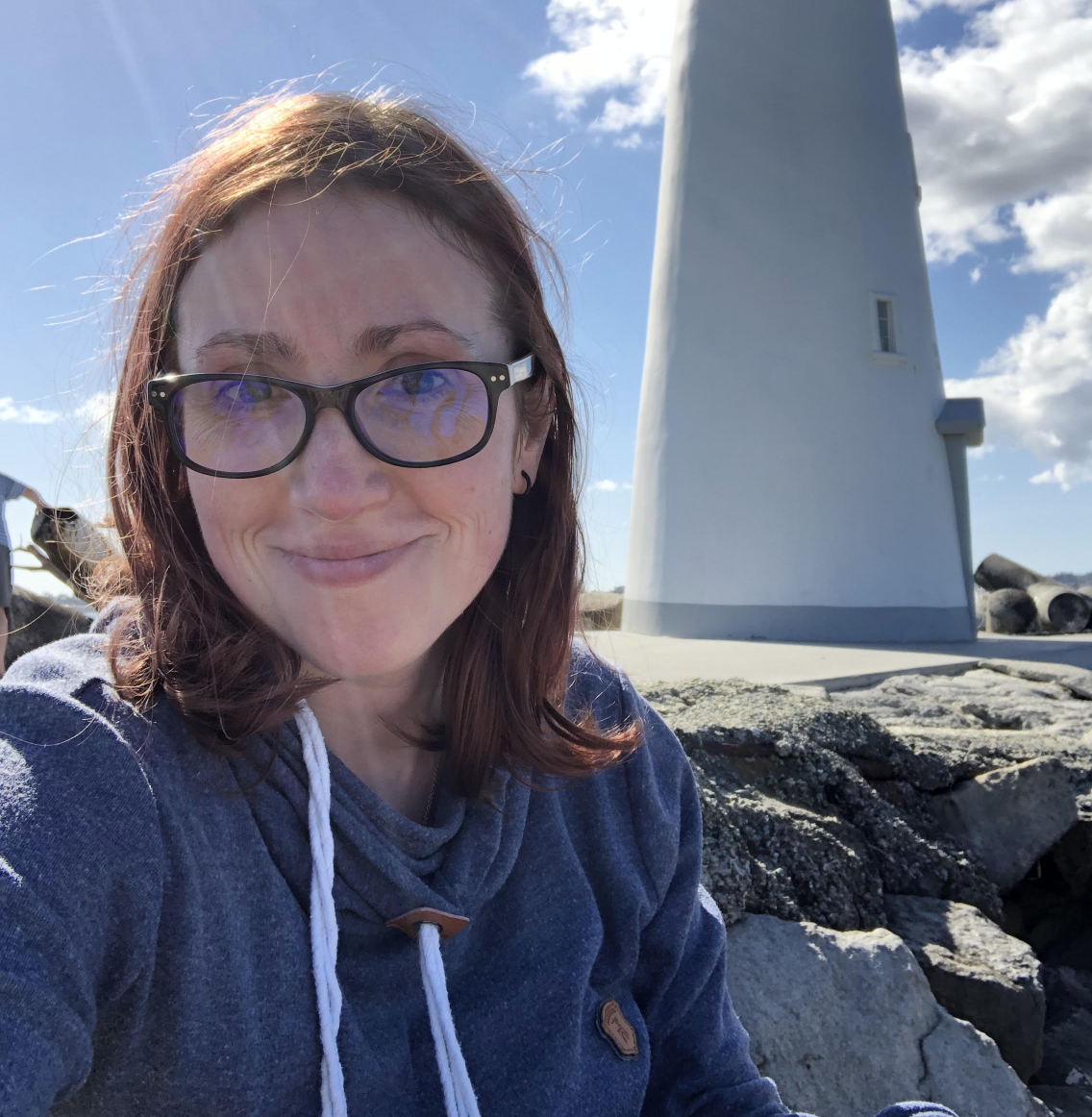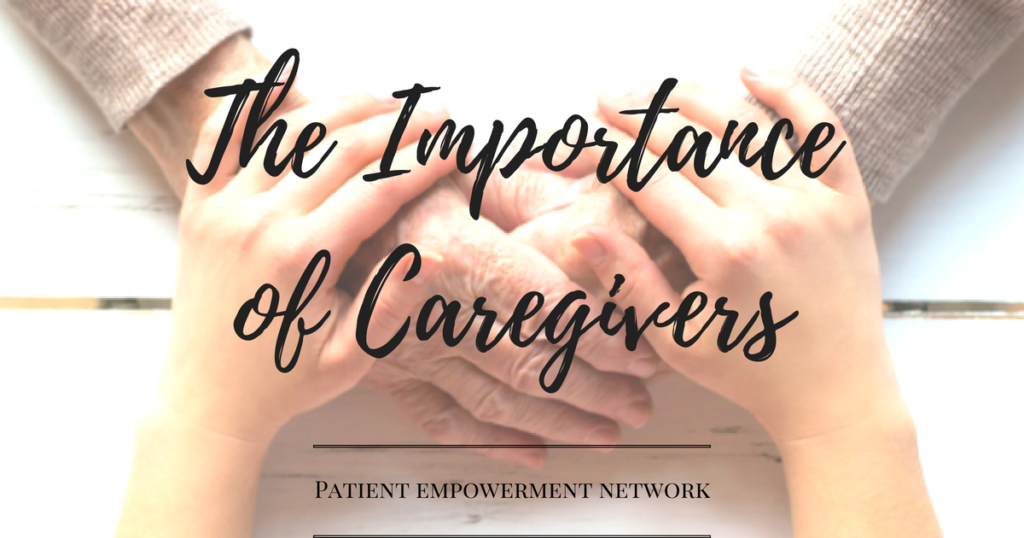As I sit here looking out the window at the snow that is beginning to fall, I am transported back to January 2011 when I was 28 and my 35 year old husband was diagnosed with leukemia. I was thrown into a snow storm I was definitely not prepared for nor did I think I’d be in. I had little visibility in front of me as the snow fell and flew all around me. I knew cancer was something that had been around for a very long time, and that the knowledge was out there…but as a young woman, I was standing in my own little snow globe without boots, a scarf, or mittens. I had my marriage that I wrapped around me like a warm coat, and held onto that while I attempted to find resources to guide me thorough this new life of mine.
My days of working full-time, then coming home to relax had been exchanged for quick trips to let the pets out after work, then jetting over to the hospital to spend a few hours with my husband before driving back home to spend a few minutes with my pets before going to bed and starting the cycle all over again. I was exhausted and had to figure out how to get warm, protect myself from the elements and survive! However hard and unknown it all was, I found comfort in knowing that although I was the only young person I knew to go through what I was, millions of people had done it before and I could too. I didn’t know how I was going to do it, but knew I would somehow.
I began to gather resources online by spending hours upon hours late at night on the internet. I looked up financial resources to help with gas cards, how to navigate insurance, disability, and requested all of the brochures possible from the Leukemia and Lymphoma Society and the American Cancer Society. As I gained more knowledge, I felt myself slip into a warm pair of boots, feeling like I had more secure grounding. I was better informed and felt more armed to walk down the road of the cancer journey, despite still not being able to see through the masses of swirling snowflakes and at times, sleet.
I quickly realized that one of the most major parts of this journey was to take care of myself. At first it felt somewhat selfish, as my husband was the patient…however I had to figure out what worked best to keep my batteries charged and running, even when the snowy road threw my tires into a ditch. I started creating blog posts to inform and update our supporters on CaringBridge and Facebook, which allowed me to feel safe, supported and heard, while still having boundaries to not be overloaded via text, phone and email from all of those that wanted to know how things were going. This social support provided the needed warmth on my hands, giving me mittens to keep from getting frostbite from the dangerously low temperatures here in Minnesota.
I learned that taking time away for myself whether it be a cup of tea with a friend, taking a nap, a walk or binging a favorite TV show, was what I needed to do to be able to recharge my batteries to be in the right mental and physical space to be there for my loved one. Caregiver burnout is very real, and I often burned the candle at both ends, learning the hard way why self-care needed to be more of a priority in my life. I don’t think that our supporters and loved ones can fully grasp or understand why it is so important to go to dinner with friends or to a movie or concert (outside of Covid-19 times of course), when your loved one is in the hospital or stuck at home. What those that aren’t going through what you are in this crazy world of cancer don’t know is how hard it is to balance it all. Cancer is the belligerent relative at the holiday gathering that no one really knows how to deal with or control. They are there for better or worse, and it’s up to you to know how to balance and work with what you’ve been given. When you take the time to understand and embrace what is….you can feel more at peace in taking the cancer process day by day, if not hour by hour. You have to let the little things go, your house may not always be sparkly clean and everything may not get done- but the cancer patient has everything they need and you are a more balanced person to support them. Once I figured out how to balance things better, a scarf was wrapped around my neck, and I was better prepared for the snowstorm.
Cancer is definitely not something that is asked for, however with adequate resources, knowledge, social support and the practice of self-care, it is all doable. I was able to take my experience as a cancer wife, then widow and beyond to create a book to share with the world on how I navigated the cancer world one day at a time, and live today with such thankfulness for the journey that brought me here today. I still absolutely love snow, and am excited for the snowstorm that is supposed to hit this afternoon with 4-7 inches, as I now know the ways to make sure I am storm ready to walk through the journeys in front of me, as you too, walk through your own snowstorms as well.
Rachel Engstrom M.S.W, C.H.E.S, (1982) moved to the Twin Cities from Michigan in 2000 for undergrad and has been there ever since. She has her masters in Social Work and is a Certified Health Education Specialist. Rachel wrote her “Wife, Widow, Now What? How I Navigated the Cancer World and You Can, Too,” book is based on her own personal experience as a cancer wife then widow that is an invaluable resource to anyone going through the cancer process/journey whether patient, caregiver, or supporter. Rachel wrote this book to help others along the way with a fresh, witty and authentic narrative, and dreams of a world without cancer. Until then she’d love to help you feel less alone on your path.





